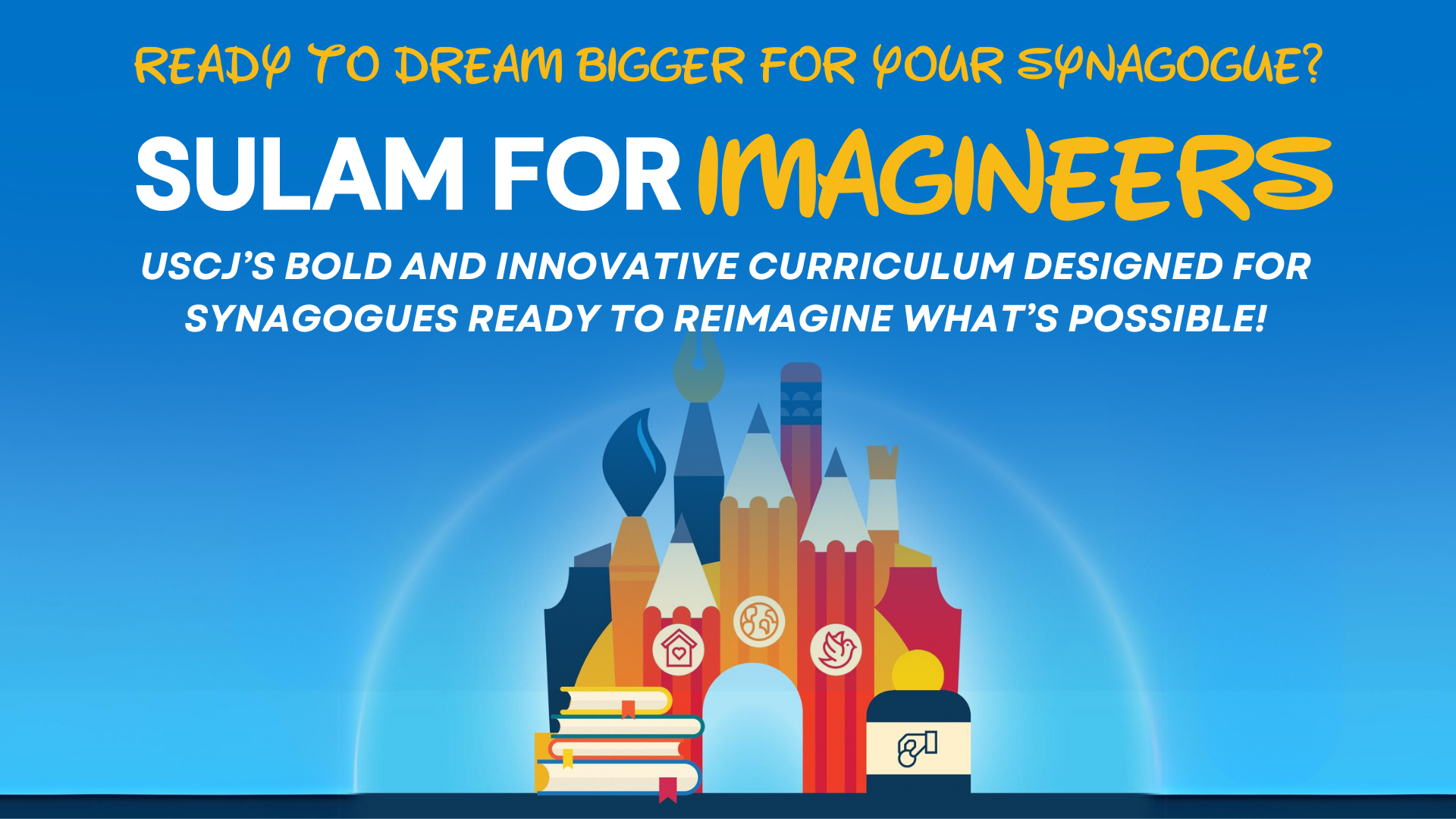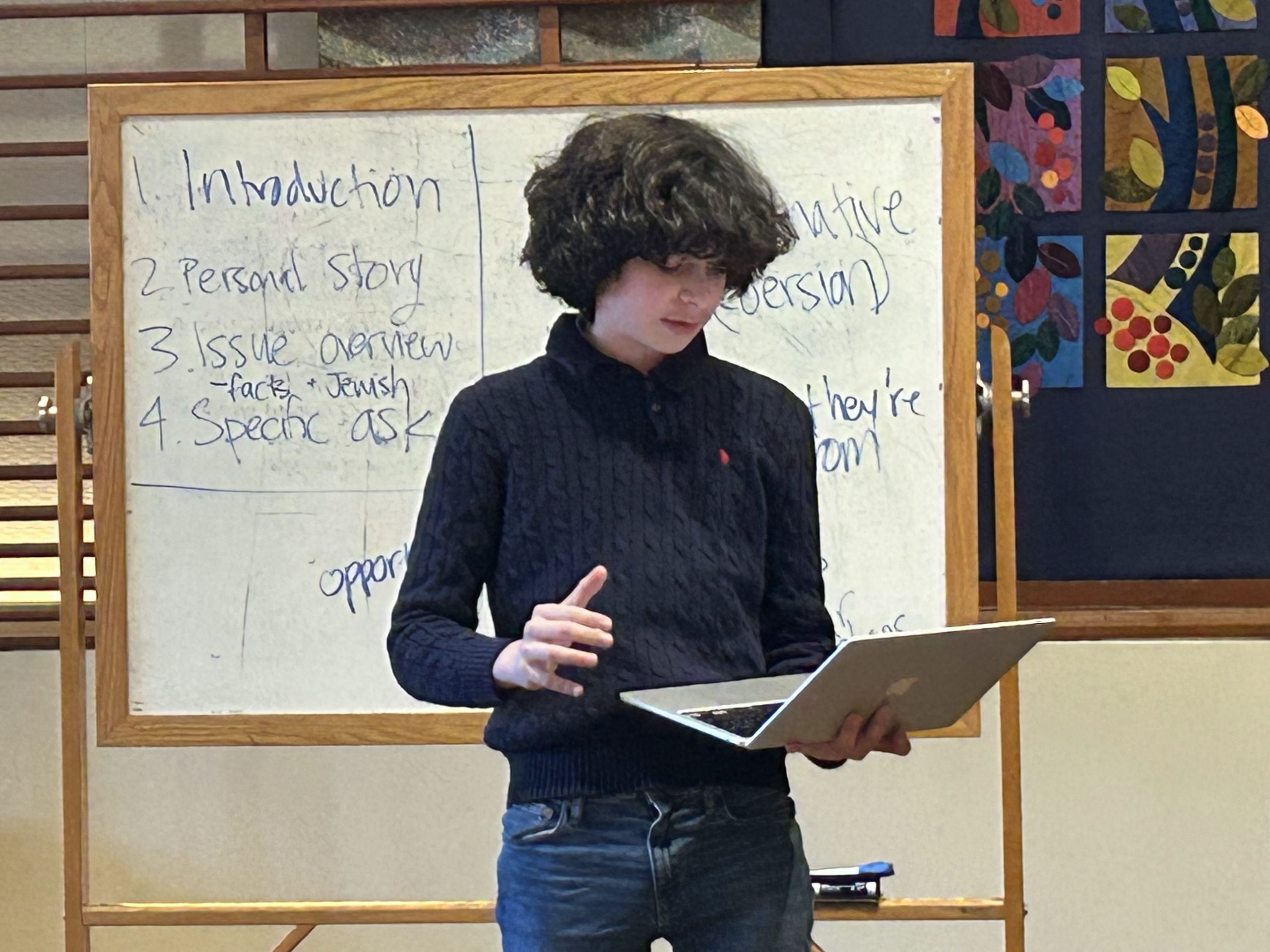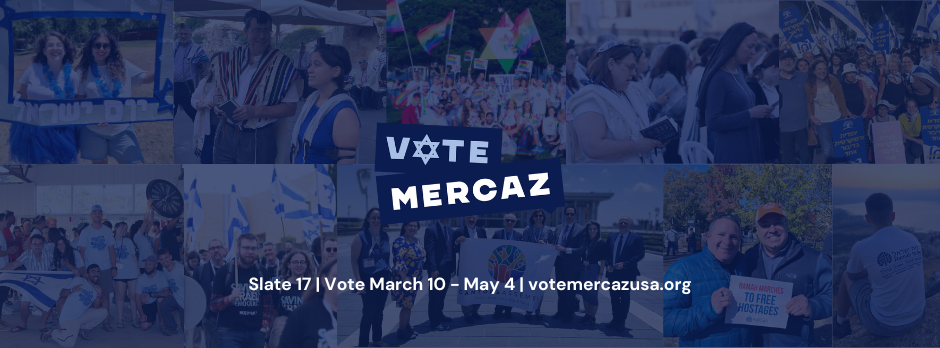
By Mimi B. Weisberg
As you design the elegant fundraising event you’ve envisioned with your committee, you must—it is crucial—have a red carpet. That significant 4’ wide crimson piece that welcomes you; beckons you as you gracefully step on as you exit your limousine in your evening gown or tuxedo. The thick, rich, woven fabric that marks the route taken by dignitaries and VIPs to special ceremonies and makes you feel like a very important person….
Actually, NO. Scratch that. I have never had a red carpet at an event nor have I ever stepped foot onto one. My red carpet: the relationship building with your congregants that MUST happen before the invitation is even sent!
Before an event committee is formed, the fundraising committee and synagogue leadership must discuss the red carpet—the relationships that need to be cultivated before we ever ask for a dollar. How are we going to schedule coffee dates with every congregant or couple so that we can listen to their ideas and their feedback? How are we going to schedule and meet every single member to tell our story? Who should go to these meetings?
This process could take a year and indeed should be happening all the time. These coffee dates are 1-hour meetings that synagogue leadership hold to get to KNOW their congregants. It is a special opportunity to hear what your congregants do, what they think, how the synagogue fits into their family. It is also a special opportunity to deliver your message, and specifically NOT your ask, about what meaningful things the synagogue is doing. There are two agenda items for these coffee dates.
Agenda Item #1: Your Congregants
The first step to hosting these meetings is to make sure that you are totally present. It is crucial that you are an active listener and that you have a true desire to get to know the congregants better and to know what they value.
You are a moral leader and the synagogue leadership is made up of moral leaders. Moral leadership begins when one person exhibits one or more virtues at an unconventional level. There are hundreds of virtues, including patience, conviction, humility, engagement and mindfulness. These leaders will engage congregants with a very special mission. These are uninterrupted, intentional meetings to build relationships and community unlike a chat at a Shabbat Oneg or Kiddush. These meetings require that the moral leaders of the synagogue are people who can be fully present at these meetings with their cell phones in their pockets and laser focused on the task at hand. Leadership attention and energy is centered on the congregants and what they are saying and are actively listening with open ears to what the members are saying.
Agenda Item #2: Your Synagogue
Agenda item #2 is a bit easier. You know what you want to discuss at these meetings because you are passionate about your organization. You value the clergy and love the remarkable educational offerings, holiday celebrations and social gatherings. You believe that the synagogue is the center of the Jewish community. You know that your synagogue’s exemplary Religious School experience is critical to forming a strong Jewish identity. After your active listening in agenda item #1, now it is your turn to talk about the innovative things and exceptional programs that are happening at your synagogue!
The relationships that are built and strengthened by your presence directly improve gift giving and donor retention. Congregants learn what is happening at the congregation from your message and feel valued thanks to leaders of the synagogue making the effort to listen. They will want to acknowledge and applaud these endeavors with a gift.
You are doing what the Jewish people have done for our entire history. For generations, rabbis identified tzedakah “equal in value to all the other commandments combined.” You are the tzedakah collector; you are vital and an inspiration to the community. As Rabbi Elazar said, “One who causes others to perform a meritorious act is greater than the one who performs that act himself” (Bava Batra 9a).
Now, write a compelling letter, assemble the event committee, and ask for a major gift. The meaningful and time-consuming work has been done. You rolled out the red carpet and made them feel invited to the true party: community life at your congregation!
Mimi B. Weisberg is the Director of Development at Anshe Emet Synagogue, in Chicago, IL. Prior to moving to Chicago 4 ½ years ago, Mimi was the Campaign Director for the Jewish Federation of Greater Ann Arbor. In her fundraising career, she has raised over $30 million. She and her husband, Bob are the proud parents of fabulous daughters: Allison (Ari) Pescovitz, Kelsey (Joseph) Shulan and Emilie Weisberg and grandparents to 3 amazing grandchildren: Maya, Josh and Ayelet. .







